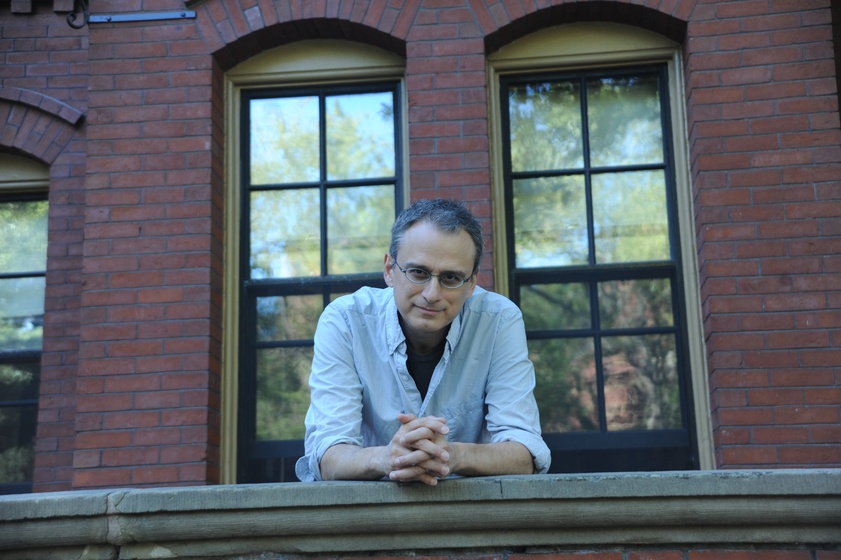William Deresiewicz stirred up a frenzy last July with his New Republic article, “Don’t Send Your Kids to the Ivy League.” Before appearing on a panel moderated by Professor Homi K. Bhabha, Deresiewicz entertained FM’s questions. The following interview has been edited for concision and is an excerpt.
Fifteen Minutes: How do you feel your views have evolved since you ignited conversation about the Ivy League?
William Deresiewicz: They’ve evolved in a number of important ways. At that time, it was really only a critique, and it wasn’t that different from what was in The New Republic recently[...] It’s about, you know, a real college education and a liberal arts education, how students as individuals can save themselves from the system, and it doesn’t even require that you transfer out of Harvard. People ask me a lot of different questions, but many of them boil down to, “What should we do?”—either as individuals or as a society or a set of institutions. So, that’s the big new thing.
FM: What do you hope to accomplish by writing and talking about this subject?
WD: What I hope to accomplish is to allow individual people who are in the system to do things differently. I do talk about the admissions process, and I think it’s a hard nut to crack. It’s easy to articulate principles and harder to put those into policy. I don’t want to use any of the rubric that we’re using now. But basically, one big change I want to see is to get away from this, what well-roundedness has become, which is, what, you check every box. I would like Harvard to admit kids who aren’t that concerned about getting into Harvard.
FM: A recent article on The New York Times ranks Harvard as one of the most economically diverse top colleges. Does that change your argument at all?
WD: I think it may be one of the most economically diverse of the selective schools, but[…] it is in fact still a very, very class-stratified school. It is. It may be a little bit better than some of its peers, mainly because it has more money to spend on financial aid, but the percentage of lower income kids at Harvard is still tiny. The percentage of even middle class kids at Harvard is still small. And this speaks huge problems in the meritocracy, in higher education, so I’m glad that Harvard is doing a little better, but it’s not that much better. In fact, there was another piece in the Times a few weeks ago, that said that there has been no improvement in the top school overall, in inequality. No improvement in like 20 years.
FM: At college, did you feel like an excellent sheep? An A- sheep? A B sheep?
WD: We didn’t have the same crazy system we did then, so I didn’t prepare myself for the admissions process the way people do now. I’m sure that if I were a kid now, I absolutely would be an excellent sheep. There’s no question about it given the family that I came from.
FM: As a professor, how did you discern an excellent sheep from a non-sheep student? Are there any specific characteristics that we should know about?
WD: I want to say this very clearly and I understand that the way I presented my argument, let alone the way The New Republic did, obscures this, but I do say this in the book. It isn’t like the sheep and the goats. There’s a large continuum. There’s no line dividing sheep from non-sheep. And I think my favorite student to interact with was a sheep who was beginning to develop self-consciousness and no longer wanted to be a sheep.


